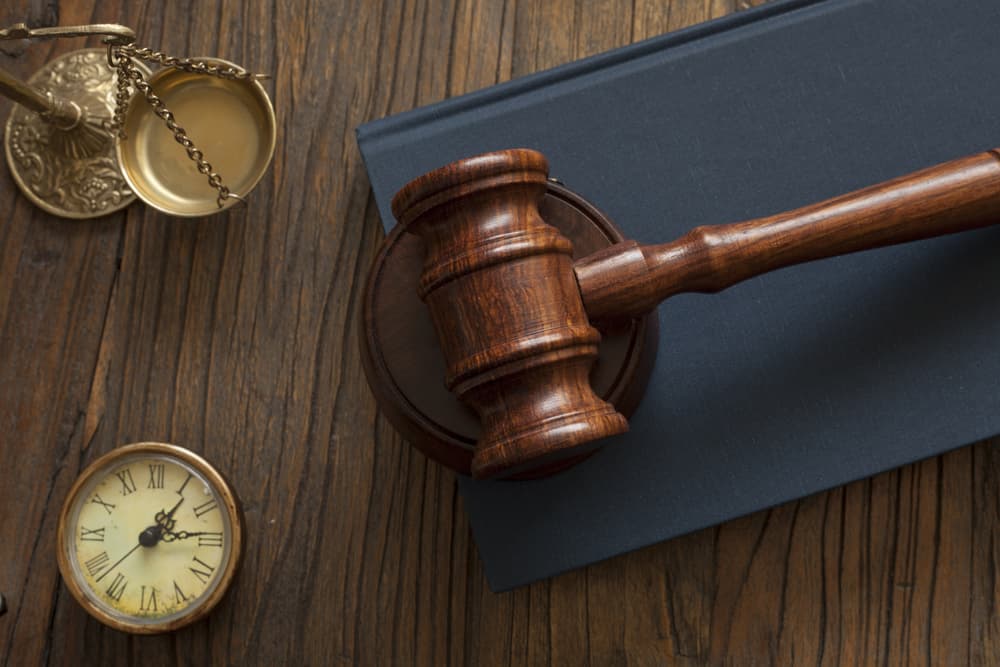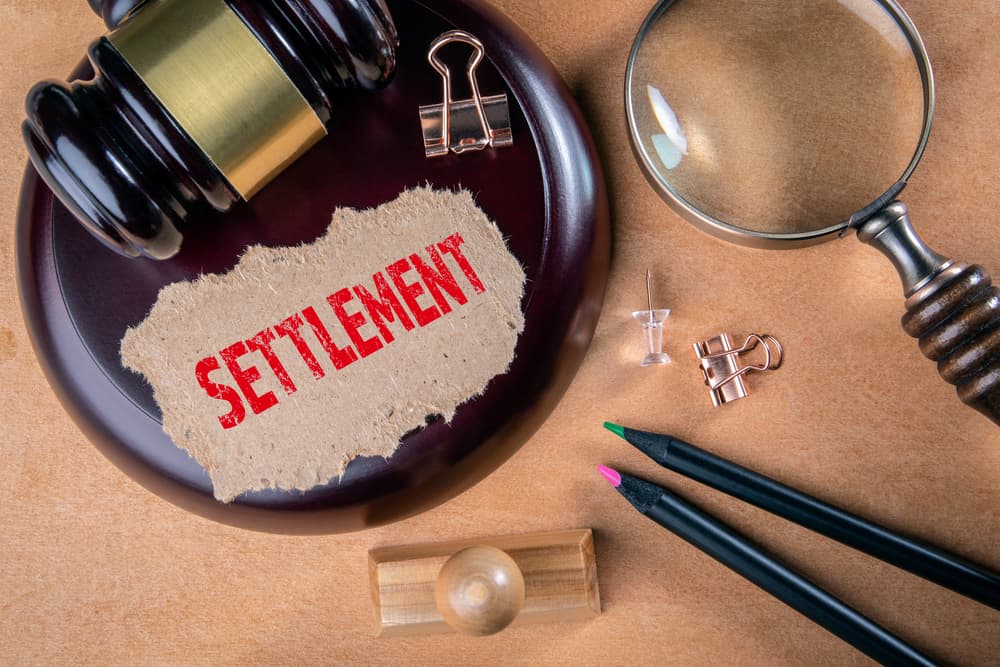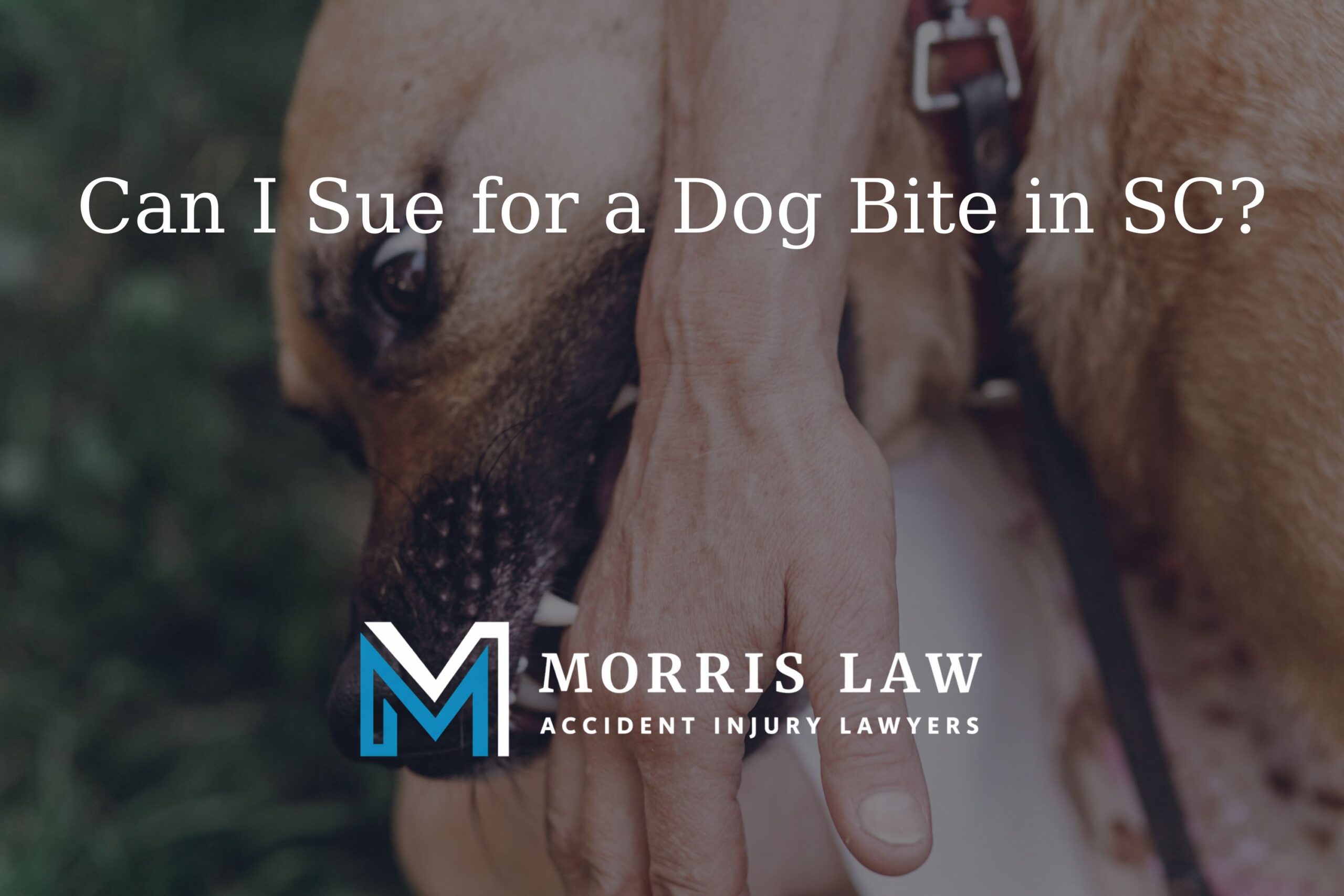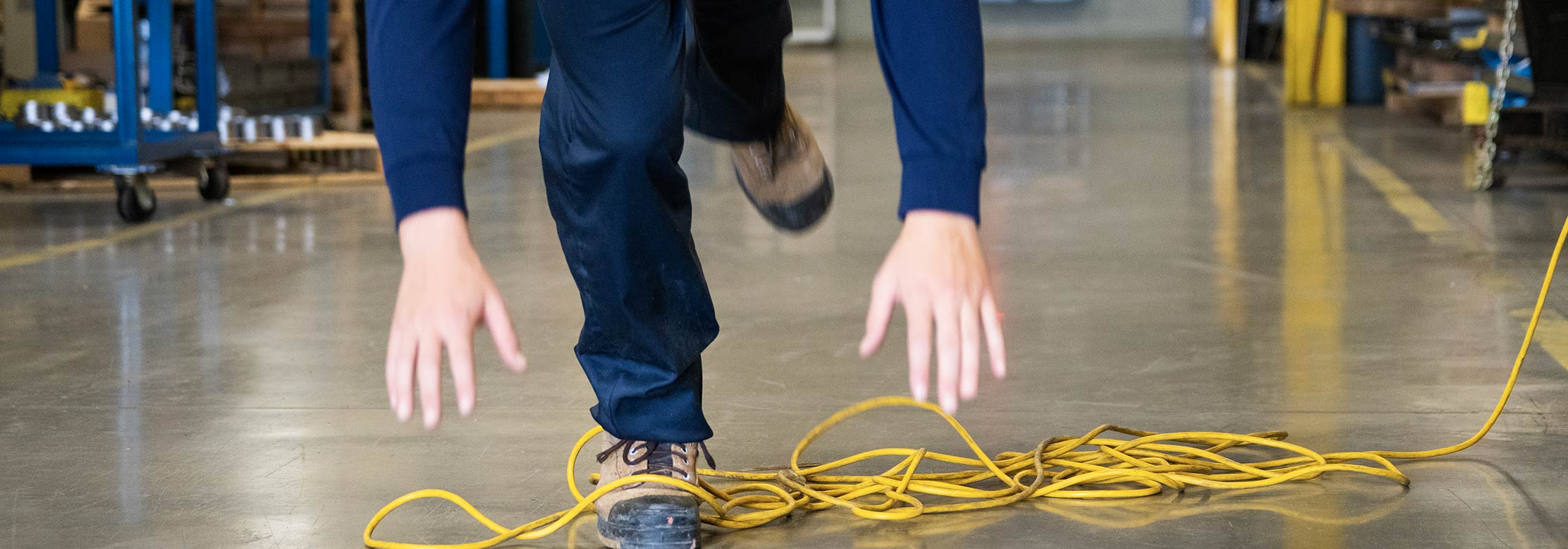When you're involved in a personal injury case, whether from a car accident, a slip and fall, or any other type of incident that has left you injured due to someone else's negligence, one of the most pressing questions on your mind is likely, "How long will it take to settle my case?"
It's a valid concern, especially when facing medical bills, potential loss of income, and the physical and emotional recovery process. The best way to get an idea of what to expect is to consult a South Carolina personal injury lawyer near you.
What is the Personal Injury Case Timeline in South Carolina?

The timeline for settling a personal injury case can vary widely from one case to another. Some cases may settle in months, while others can take years to resolve. Several key factors influence the duration of a case:
The Complexity of the Case
Cases with straightforward facts, where it's clear who is liable, and the damages are easily determined, typically settle more swiftly. These cases have fewer disputes over the facts or the applicable law, allowing both parties to agree on fair compensation without extensive negotiations or the need for a trial.
Conversely, complex cases that involve contested liability, multiple responsible parties, or intricate legal and medical questions require a more thorough investigation and preparation.
These cases might involve extensive legal research, the collection of substantial evidence, and consultations with various professionals to establish the full scope of liability and damages. This depth of preparation can extend the timeline significantly, as each aspect of the case is carefully examined and validated.
The Severity of Injuries
The nature and severity of the injuries sustained are pivotal in the settlement process. In cases involving severe, long-term, or permanently disabling injuries, fully understanding the victim's medical prognosis and future needs before settling. This often means waiting until the victim has reached Maximum Medical Improvement (MMI) to ensure all future medical expenses, rehabilitation costs, and accurate accounting of potential income losses. Setting up before reaching MMI can risk underestimating these costs, leading to a settlement that may not fully cover the victim's needs.
The Willingness of Parties to Negotiate
The parties' disposition toward negotiation can greatly affect the duration of a personal injury case. When the injured party and the insurance company (or defendant) approach negotiations with an open and cooperative mindset, it is possible to reach an amicable and fair settlement relatively quickly.
However, if either side is unwilling to negotiate in good faith or has significant disputes over the claim's value, this can lead to prolonged negotiations. An impasse in negotiations can sometimes necessitate mediation or arbitration, further extending the timeline.
The Amount of Compensation Involved
The total amount of compensation sought directly influences the negotiation process. Larger claims, with more at stake financially for both sides, often result in more extended negotiations. Insurance companies are particularly meticulous in these situations, requiring more evidence to substantiate the claim and more likely to contest the claim's value. Negotiating high-value claims can be complex and time-consuming, occasionally leading to litigation if negotiation alone does not result in a settlement.
Legal Proceedings and Formalities
Should negotiations fail to result in a settlement, and the case proceeds to trial, the timeline of a personal injury case can extend dramatically. The litigation process includes several stages: filing the lawsuit, discovery, pre-trial motions, and the trial itself. Each stage has its own set of deadlines and procedural requirements, which can add significant time to the case's resolution. The court's schedule can also influence the timeline, as delays are common due to crowded court dockets. Even after settling, completing the legal formalities and documentation necessary to finalize the agreement can require additional time.
What Are the Steps in the Settlement Process in South Carolina?
The settlement process involves several steps, each contributing to the overall timeline:
Treatment and Recovery
The first and foremost priority following any personal injury is the health and well-being of the victim. This stage focuses on medical treatment and recovery, emphasizing the importance of reaching Maximum Medical Improvement (MMI).
The injured party achieves MMI when their condition has stabilized, and no further improvement is expected, even with additional medical treatment. Reaching MMI is crucial before negotiating a settlement because it allows for a comprehensive understanding of the extent of the injuries, future medical needs, and any long-term impacts. Settling before reaching MMI can result in compensation that fails to cover all medical expenses or adequately compensate for pain and suffering.
Investigation and Evidence Gathering
This phase involves collecting all pertinent information and evidence to build a strong foundation for the personal injury claim. It includes gathering medical records, accident reports, witness statements, photographs of the scene and injuries, and other documentation supporting the case. Accumulating this evidence can be meticulous and demands thorough attention to detail to ensure nothing gets overlooked.
Negotiation
The negotiation phase begins once you compile the evidence and send a demand letter detailing the injuries, evidence, and compensation sought to the insurance company. This stage involves discussions between the injured party (often represented by an attorney) and the insurance company. The length of this phase can vary widely based on the case's complexity, the amount of compensation sought, and the willingness of both parties to reach an agreement.
Successful negotiations can lead to a settlement that avoids the need for a trial, but if the parties cannot agree on the terms, the next step may be filing a lawsuit.
Filing a Lawsuit
If negotiations do not result in a settlement, the next step is to file a lawsuit, moving the case into the litigation phase. Filing a lawsuit does not mean the case will go to trial, as there are still opportunities for settlement before the trial date. However, this step signifies a commitment to pursuing the claim through the legal system, which can significantly extend the case's timeline. The litigation process involves formal discovery, pre-trial motions, and other legal procedures that can be time-consuming.
Trial and Appeal
The trial is often the longest phase of a personal injury case. It involves presenting the case before a judge or jury, who will then decide on liability and compensation. Depending on the case's complexity, trials can last from a few days to several weeks or even longer. Following the trial, either party may appeal the verdict, further prolonging the resolution. Appeals involve a higher court reviewing the trial court's decision for legal errors and can add months or years to the case timeline.
Tips for a Timely Resolution

While some factors are beyond your control, there are steps you can take to help your case settle more quickly:
Gather Evidence Promptly
After the accident, collect evidence as soon as possible. This documentation will serve as the backbone of your case, providing concrete details about the incident and the extent of your injuries. Here's what you should focus on:
- Photographs: Take pictures of the accident scene, your injuries, and any damages to your property. Take photos from various angles to comprehensively document the incident.
- Witness Information: If there were any witnesses to the accident, collect their names and contact information. Witness statements can be pivotal in supporting your version of events.
- Accident Reports: Obtain a copy of the official accident report filed for certain types of accidents, such as vehicle collisions, containing crucial information about the incident.
- Medical Records: Document all medical evaluations, treatments, and prescriptions related to injuries from the accident. These records are crucial for proving your injuries' physical and financial impact.
Seek Medical Treatment Immediately
Seeking prompt medical attention after an accident is vital for your health and personal injury claim. Here's why immediate medical treatment is essential:
- Health Assessment: A thorough medical examination can uncover injuries that may not be immediately apparent, including those that can have long-term consequences.
- Medical Documentation: Medical records generated from your treatment provide an official account of your injuries, essential for substantiating your claim.
- Causation Link: Immediate medical care helps establish a direct link between the accident and your injuries, a key element in proving your case.
Hire an Experienced Personal Injury Attorney
Here's how an experienced personal injury attorney can make a difference:
- Negotiation Skills: Insurance companies are adept at minimizing payouts. An attorney with strong negotiation skills can advocate on your behalf, aiming for a settlement that truly covers your needs.
- Trial Readiness: While many personal injury cases settle out of court, some may require a trial for fair compensation. If necessary, an experienced attorney will vigorously prepare your case for trial, representing your interests.
FAQs: Answering Common South Carolina Personal Injury Questions
Many people find themselves overwhelmed by the legal process and need clarification about the steps they should take to protect their rights. To help clarify some of these uncertainties, we've compiled a list of frequently asked questions about personal injury cases, providing straightforward answers to guide you through this process.
What should I do immediately after an accident?
Immediately after an accident, prioritize your safety and health:
- Seek medical attention: Even if your injuries seem minor, it's important to be evaluated by a healthcare professional.
- Report the accident: Notify the appropriate authorities (e.g., police for a car accident, property manager for a slip and fall) to document the incident.
- Gather evidence: If possible, take photos of the scene, your injuries, and any property damage. Get contact information from witnesses.
- Contact an attorney: Consulting with a personal injury attorney can provide valuable insights into your rights and the next steps to take.
How do I know if I have a valid personal injury claim?
A valid personal injury claim typically involves three main elements:
- Negligence: Another party was negligent or failed to act with reasonable care.
- Causation: The negligence directly caused your injuries.
- Damages: You suffered quantifiable losses (e.g., medical expenses, lost income) due to the injury.
Consulting with a personal injury attorney can help determine the strength of your claim.
How long do I have to file a personal injury lawsuit?
The time limit to file a lawsuit, known as the statute of limitations, varies by state and the type of injury. Generally, it ranges from one to four years from the date of the accident. Consult an attorney promptly to file your claim within the legal time limits.
Should I accept the insurance company's settlement offer?
It's advisable to consult with a personal injury attorney before accepting any settlement offer from an insurance company. Early offers may not fully compensate for your total losses, especially if you have not yet realized the full extent of your injuries. An attorney can negotiate on your behalf to seek a more equitable settlement.
What types of damages can I recover in a personal injury case?
In a personal injury case, you may have the right to claim various types of damages, including:
- Economic damages: Tangible losses such as medical expenses, lost income, and property damage.
- Non-economic damages: Intangible losses such as pain and suffering, emotional distress, and loss of enjoyment of life.
- Punitive damages: In some cases, the court may award additional damages to punish the defendant for particularly reckless or malicious behavior.
How is fault determined in a personal injury case?
Evaluating evidence, such as accident reports, witness statements, and professional testimony, determines the fault. The process involves establishing negligence and causation. Sometimes, the fault may be shared among parties, affecting the compensation received.
Can I still recover damages if I am partially at fault for my injury?
Yes, you can still recover damages in many jurisdictions, even if you bear some responsibility for the incident. However, your percentage of fault may reduce your compensation. The specific rules vary by state.
How long will it take to settle my personal injury case?
The duration of a personal injury case can vary widely, from a few months to several years, depending on factors such as the case's complexity, the severity of injuries, and the willingness of parties to negotiate. Your attorney can provide a more specific timeline based on the details of your case.
Contact a South Carolina Personal Injury Lawyer
The time it takes to settle a personal injury case depends on various factors, with no one-size-fits-all answer. While the desire for a quick resolution is understandable, it's best not to rush the process at the expense of receiving fair compensation.
Working with an experienced personal injury attorney can provide guidance and support throughout the process, helping to secure the best possible outcome for your situation.








